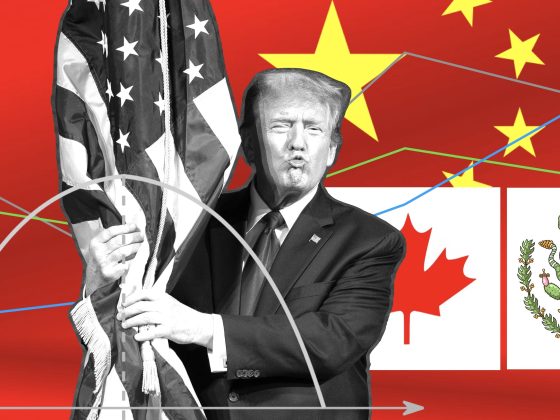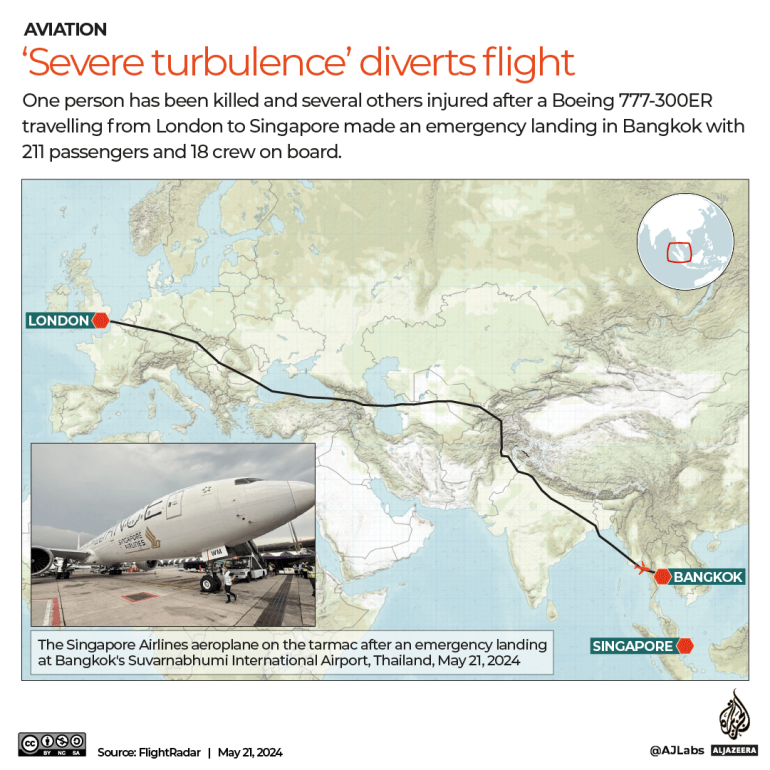A study conducted by Associate Professor Alberto Salvo from NUS Economics revealed that households respond to ambient air pollution by increasing electricity consumption, which in turn increases the carbon emissions that are co-produced in supplying the electricity. The study, set in Singapore, revealed that better air quality will bring about climate co-benefits – in reducing electricity generation via lower household demand, and thus mitigating carbon emissions.
Assoc Prof Salvo said, “Urban areas in developing Asian nations are home to an expanding base of energy consumers, with energy supply likely to remain carbon-intensive for decades in the absence of major technological or regulatory shifts. Understanding what drives energy demand across the socioeconomic distribution of Singapore households can provide insight on the future energy demand of urban populations in the region’s cities as incomes rise. This is important for policymakers when forecasting and influencing future emissions paths in the context of climate change.”
The results of the study were published in the Journal of the Association of Environmental and Resource Economists in July.

The link between air pollution and household energy demand
The study examined utility meter readings of 130,000 households – a 1-in-10 random sample of all households in Singapore – from 2012 to 2015. The same household’s energy consumption was examined over time and compared with concurrent PM2.5 measurements (fine particles less than 2.5 micrometres in diameter) from the air-monitoring network, which is the standard for measuring air pollution.
The findings showed that overall electricity demand grew by 1.1 per cent when PM2.5 rose by 10 micrograms per cubic metre (μg/m³). The reasons were two-fold: (i) increased air pollution led to households staying indoors more to mitigate the pollution impact; and (ii) PM2.5 pollution led to the closing of windows, and running of air-conditioners and air purifiers more intensively either to reduce indoor particle levels or provide relief from indoor heat. Besides electricity, the study found that households exposed to air pollution consumed more natural gas. Another study by Assoc Prof Salvo that was published in 2018 found that households consumed more water from the grid when exposed to air pollution.
In terms of research design, the study had to contend with the fact that air pollution is not only a driver of electricity demand but also a product of fossil-fuel based electricity generation. “It was necessary to separate cause from effect. To do that, periodical land burning across Southeast Asia, which causes transboundary haze, was used as an instrument,” Assoc Prof Salvo said.
Delving deeper, the study found that PM2.5 had a larger percentage impact on electricity demand as household income and air conditioning access increase. It was observed that when PM2.5 increased by 10 μg/m³, electricity consumption among condominium dwellers increased by 1.5 per cent, compared to a 0.75 per cent increase by households in one- to two-room apartments. This income differential was due to PM2.5 inducing higher-income households to turn on air-conditioners and air purifiers when at home. The 1.5 per cent increase in electricity consumption is equivalent to running the air-conditioning unit for another 10 hours per month. At the time of study, 14 per cent of one- and two-room apartments had air-conditioning, compared with 99 per cent of condominium apartments.
To complement the observational evidence from utility meters, a review of product catalogues on air conditioners revealed that air-conditioner manufacturers promote indoor air quality as an additional product attribute to cooling. A 311-person survey on home energy behaviour also found that haze pollution induced sleeping with the windows closed, less dining out, and the increased use of the air conditioner and air purifier.
Forecasting energy demand and mitigating climate change
Forty per cent of the developing world’s population lives in the tropics, and PM2.5 pollution ranges between 20 and 200 μg/m³. However, only 8 per cent of the tropics’ three billion people currently have air conditioners, compared to 76 per cent in Singapore.
Assoc Prof Salvo said, “This study shows that households care about the quality of the air that they breathe, revealed through their spending on utilities, in particular, to power air-conditioners. Cleaner urban air will reduce energy demand, as households engage in less defensive behaviour, and this helps to mitigate carbon emissions.”
He added, “At the same time, lower-income households are less able to afford such defensive spending on utilities. This observed inequality in defensive behaviour may also exacerbate health inequalities, especially in developing countries. Overall, this research can contribute towards longer-term forecasting of energy demand as developing Asian countries face the twin issues of a rising urban middle class exposed to air pollution, and the need to cope with climate change.”
Moving forward, Assoc Prof Salvo will continue to explore – with a focus on Asia – how households respond to environmental harms and what such responses reveal about their preferences for environmental quality.









